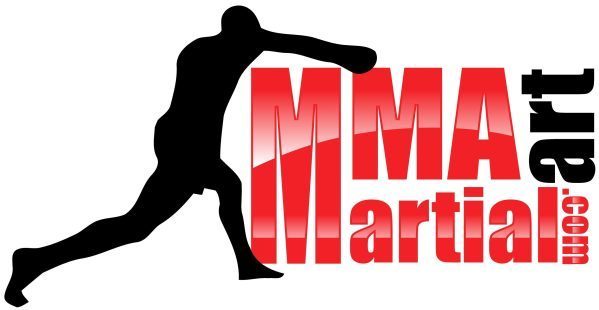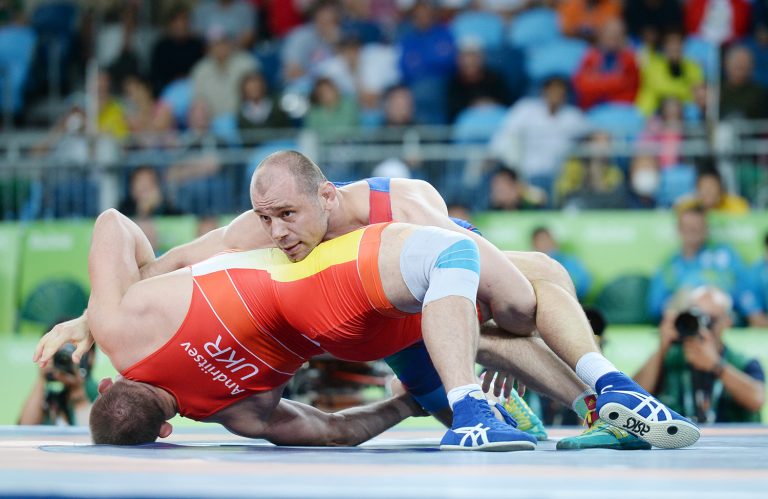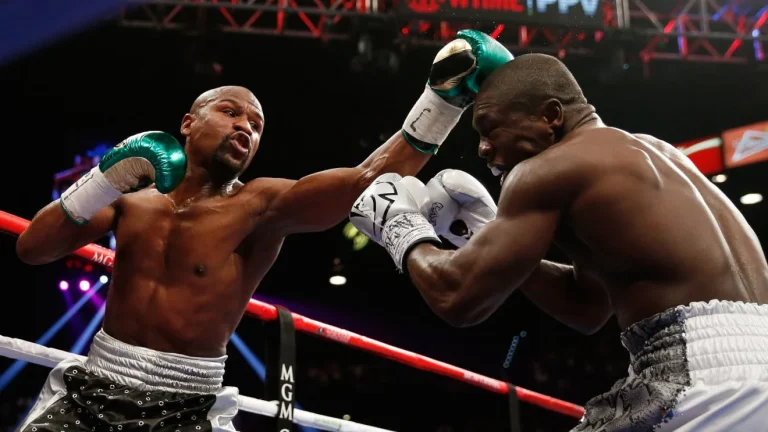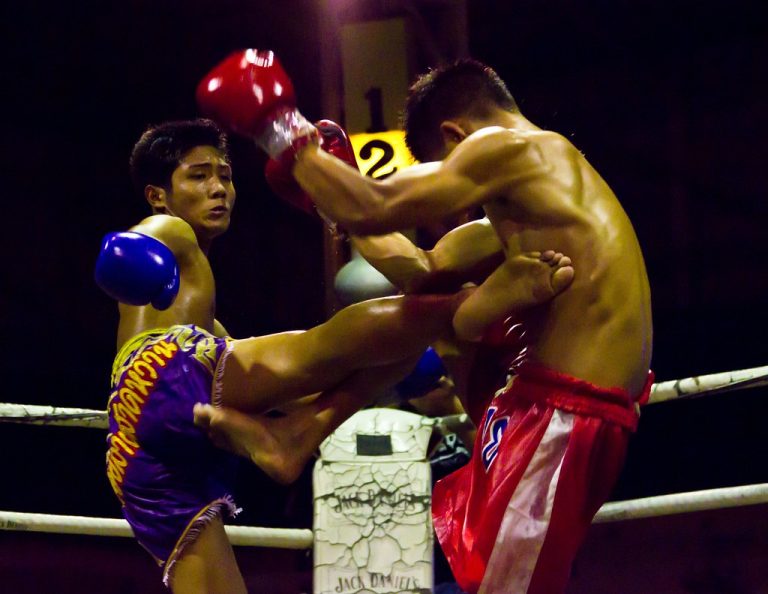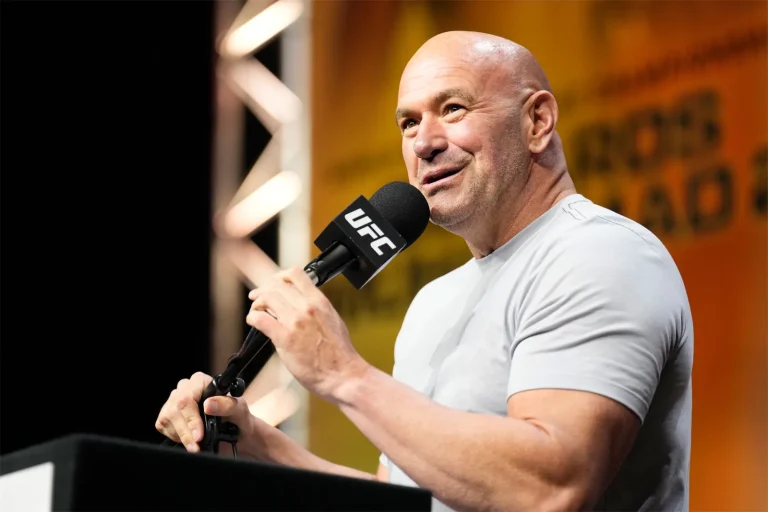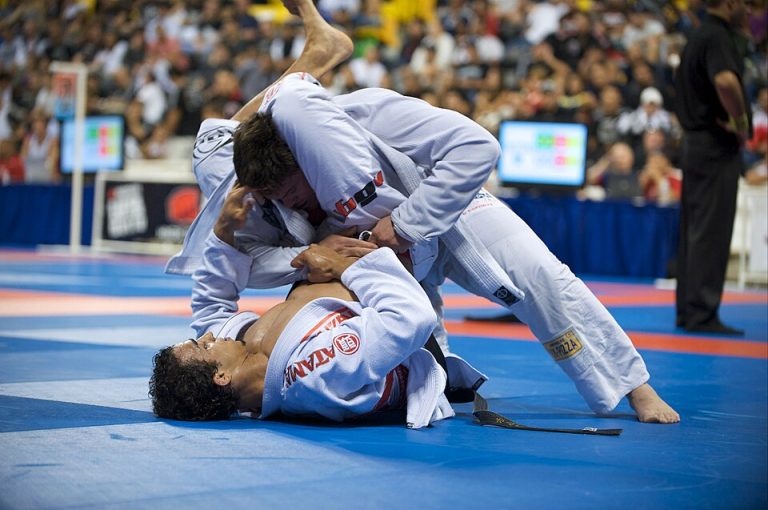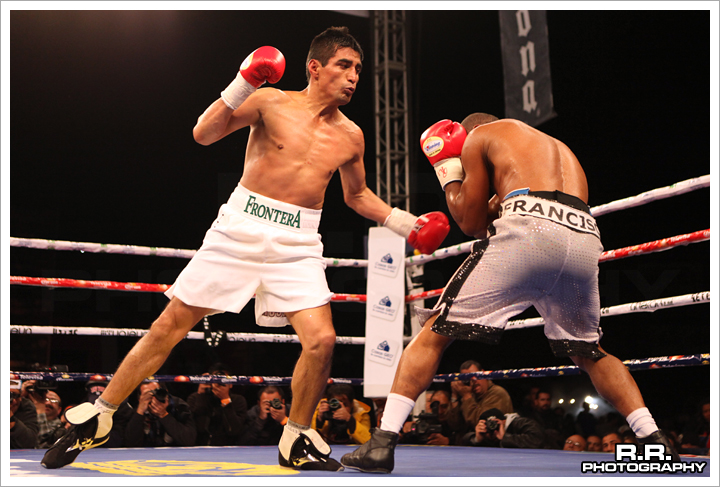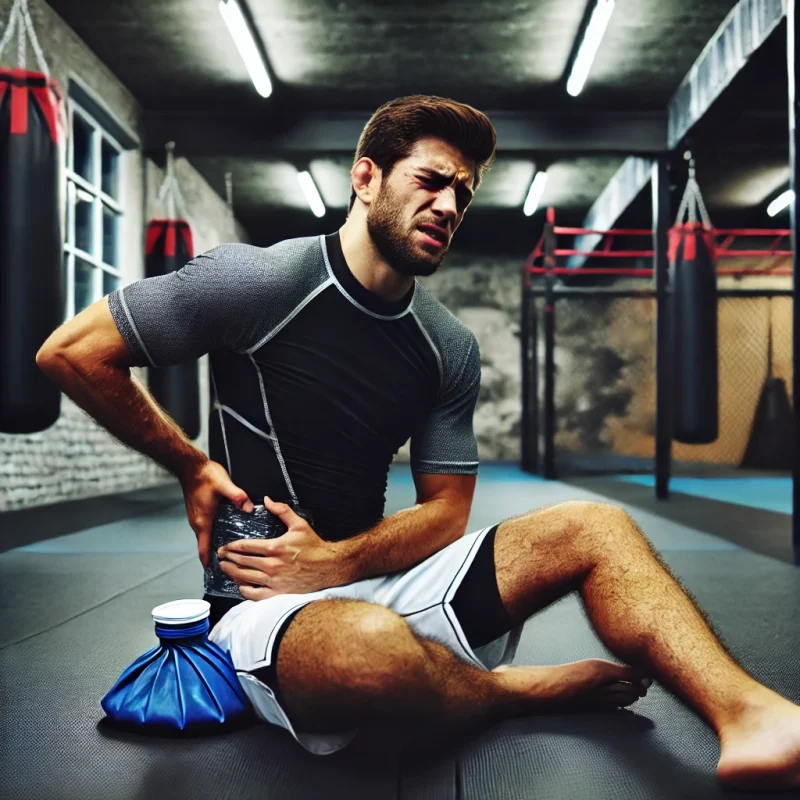
So you’ve developed a passion for martial arts like Muay Thai, Brazilian Jiu-Jitsu, or Judo, but chronic pain threatens your ability to continue doing the things you love. Don’t tap out yet; dealing with health issues like chronic pain doesn’t have to bring an end to your training days. With the right approach, martial arts training can even help to alleviate chronic pain.
Chronic Pain Isn’t the Endgame
Dealing with chronic pain doesn’t mean your body is broken. Chronic pain is like an annoying training partner—it’s persistent, irritating, and sometimes makes you want to scream.
Long-term pain differs from the soreness you might feel after an intense sparring session. It typically lingers, often leaving you sore before you even start training.
Creating the Right Strategy to Train Martial Arts with Chronic Pain
You’re not the first martial artist to ever deal with chronic pain. Studies show that athletes engaged in high-intensity sports are more likely to experience chronic injuries. Fortunately, you’re a martial artist and used to overcoming challenges.
Some of the reasons why you need an appropriate strategy to get the most out of your training while dealing with chronic pain include:
- Physical limitations: Chronic pain might limit specific movements, making it more challenging to execute techniques that involve that body part. Know what your limitations are to avoid aggravating the pain.
- Mental roadblocks: Constantly second-guessing yourself because your body isn’t responding normally can mess with your confidence.
- Risk of overtraining: Pushing through chronic pain without making any adjustments is like competing in a Muay Thai contest and charging your opponent with your hands down—you’re asking for trouble. An intelligent training plan will allow you to stay active without worsening things.
Adaptation Is the Key to Training with Chronic Pain
The good news is you can still have a lot of productive training sessions at the dojo, even if you’re battling chronic pain. You just need to be more intentional about how you approach training.
Some of the things you should keep in mind include:
1. Adjust Your Training Routine
Flexibility (not just the yoga type) is your best friend here. Adapt your training sessions to focus on low-impact drills, lighter sparring, and techniques that don’t aggravate your pain. For example, if Muay Thai is your martial art of choice and you have knee issues that cause chronic pain, avoid pivot-heavy kicking techniques and work more on punch, elbow, and clinch techniques. Avoid putting lots of stress on the area causing your pain.
2. Take Warm-ups and Recovery Seriously
You can’t afford to skip warm-up or cool-down sessions when you’re dealing with chronic pain. Take time to warm your body with light exercises before moving on to more intense exercises. Likewise, pamper your body after workouts with recovery practices like foam rollers, stretching, and mobility exercises. If you’re not already doing this, start now. It’s a game-changer for chronic pain.
You can also try recovery tools like cold therapy, heat therapy, massages, and acupuncture to help your body recover quicker from your workouts.
3. Work Smarter, Not Harder
You don’t need to go all out all the time to progress as a martial artist. Dial down the intensity of your training sessions as needed and focus on improving your technical skills. Less is more, sometimes.
Practical Tips to Train Martial Arts Through Chronic Pain
Here’s an action plan that will keep you in the gym without turning your chronic pain into chronic regret:
1. Listen to Your Body
Pain is how your body lets you know something is wrong. Ignore it at your own risk. Don’t push things on days your pain is flaring out. Swap out high-impact activities for something easier on your body, like shadowboxing.
Track your pain levels in a journal. Write down what you did during each training session, how your body felt during and after, and if you had to make any adjustments. Patterns will emerge over time, making it easier to identify what works and what doesn’t.
2. Warm-Up Like a Pro
A rushed warm-up is a recipe for disaster when you’re dealing with chronic pain. Before hitting the mats, take some time to perform dynamic stretches, joint mobility work, and light cardio. A solid 15-minute warm-up goes a long way in protecting your body from unnecessary pain.
Warm-up staples you can add to your routine include:
- Dynamic stretches like leg swings, arm circles, and high knees.
- Mobility drills like cat-cow stretches for your spine.
- Low-intensity cardio like light shadowboxing or jump rope.
3. Invest in Recovery Aids
You don’t need to spend a fortune on recovery tools, but owning a few can make a massive difference. Foam rollers, massage guns, and hot tubs do wonders for sore muscles. Also, consider signing up for a session with a physical therapist to help fine-tune how you approach recovery.
Why Laughter Is Sometimes as Good as Medicine
Chronic pain sometimes feels like a never-ending sparring round, but staying positive helps. Remember to have fun with your training partners when training. Studies show that humor can reduce your perception of pain.
The next time you hear one of your training partners complain about sore arms after one session, remind them you’re a professional at handling discomfort and laugh it off together.
The Big Picture: Staying in the Fight
Chronic pain might mean you’re fighting a battle behind the scenes whenever you train, but every modification you make brings you closer to keeping your passion alive. You might have to approach things differently, but learning how to adapt is part of the martial arts journey.
Remember that you don’t have to go at it alone. Let your instructors and training partners know about your issues and trust the process.
Read more:
ProForm 505 SPX Indoor Cycle Review: Is It Any Good?
Dana White Wants Jake Paul to Take a Steroid Test
Francis Ngannou Reacts to Video Showing Him Sparring Cyril Gane
Logan Paul Claims Floyd Mayweather Owes Him Money
Jake Paul Promises to Leave Boxing if UFC Improves Fighter Pay and Benefits
